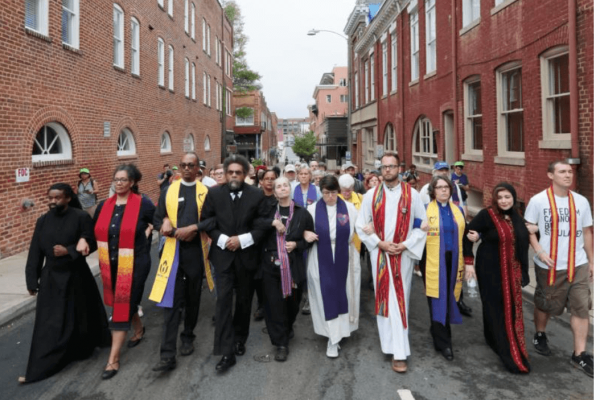Aug 12, 2019
Yes, August 12, 2017 was a horrible day that should be named for its extreme and intolerable act of white nationalism, but people of color are navigating detrimental impacts of white supremacy every day, both personally and institutionally within our education, economic, and criminal legal systems.
Read the Full Article

Already a subscriber? Login
